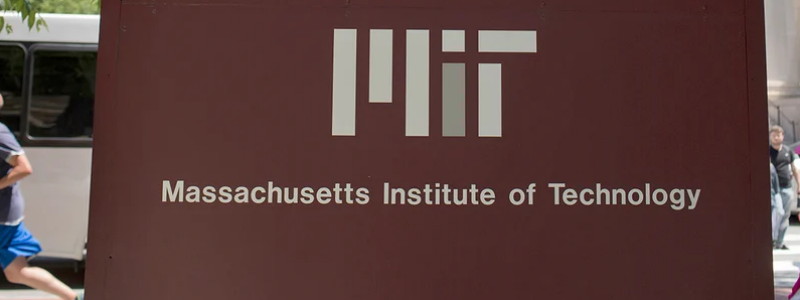MIT Scraps Hiring Process Policy
The Massachusetts Institute of Technology (MIT) made headlines this past week as it became the first elite institution to eliminate diversity, equity, and inclusion (DEI) statements from its faculty hiring process. The move has sparked both support and criticism, with some praising the school for promoting academic freedom and others condemning the decision for hindering progress toward a more diverse and inclusive workforce.
Confirming the change to UnHerd on Sunday, an MIT spokesperson stated that "requests for a statement on diversity will no longer be part of applications for any faculty positions at MIT." This decision was made by the school's president, Sally Kornbluth, with the support of the Provost, Chancellor, and all six academic deans. Kornbluth explained that the goal was to "tap into the full scope of human talent" and create an environment where all employees can thrive.
Previously, MIT required candidates applying for faculty positions to submit a statement demonstrating their knowledge of challenges related to diversity and showcasing their track record of working with diverse groups. This requirement has faced criticism from free speech advocates, who argue that it serves as an ideological litmus test and could potentially harm individuals whose views do not align with prevailing DEI thought.
A 2020 survey by the Foundation for Individual Rights and Expression (FIRE) found that a large portion of MIT faculty and students felt afraid to express their views in academic settings. This further underscores the potential impact of compulsory DEI statements on academic freedom.
The MIT decision has been met with some pushback, particularly from those advocating for diversity and inclusion in higher education. These critics argue that removing the DEI statement requirement could hinder efforts toward building a more diverse and inclusive workforce. In response, a spokesperson for the school stated that they are committed to diversity and inclusion and will continue to prioritize these values.
The controversy surrounding DEI statements in academic hiring is not new. Since the early 2010s, many universities have adopted similar requirements, prompting concern from advocates of free speech and academic freedom. FIRE's warning that these statements function as ideological litmus tests has been echoed by others, who argue that they could lead to discrimination against individuals with differing views.
In addition to vocal backlash from advocates of free speech, last month, a Harvard Law School professor published a column in the Harvard Crimson calling for the elimination of mandatory DEI statements. In the piece, Randall L. Kennedy, a self-proclaimed scholar on the left, argued that the practice forces faculty and staff to "toe a political line" and should be abandoned.
The conversation surrounding DEI statements in academic hiring will undoubtedly continue, with this recent decision at MIT serving as a catalyst for further debate. While some celebrate the move as a win for academic freedom, others are concerned about the potential consequences for diversity and inclusion efforts.
As universities navigate this complex issue, the decision at MIT may serve as a precedent for other institutions. Ultimately, the impact on diversity and inclusion in higher education remains to be seen.

